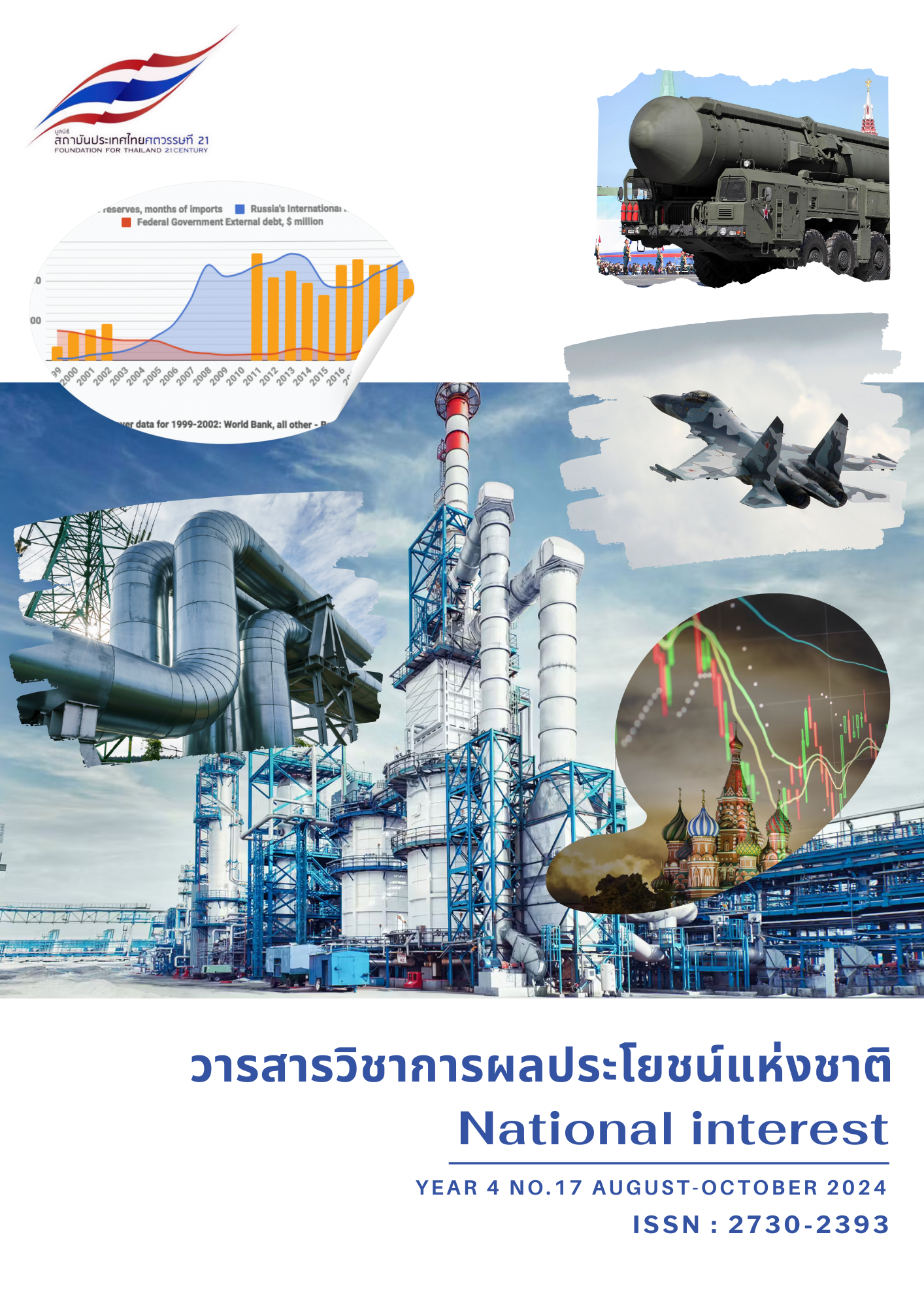The Urgent Need for Global Pandemic Legislation to Protect from Future Pathogens
Main Article Content
Abstract
Pandemics have profound implications for global health, economies, and social structures, requiring urgent reforms in global health governance. The COVID-19 pandemic highlighted significant gaps in preparedness, inequity in resource distribution, and the limitations of voluntary frameworks like the International Health Regulations (IHR). This paper explores the necessity of implementing binding global pandemic legislation that addresses early detection, rapid response, equitable resource allocation, and legal enforcement mechanisms. Case studies of previous pandemics, including COVID-19, Ebola, and HIV/AIDS, provide lessons for crafting this legislation. By analyzing the deficiencies in current systems and proposing actionable legal solutions, this paper outlines how pandemic legislation can serve as a safeguard against future global health crises.
Article Details

This work is licensed under a Creative Commons Attribution-NonCommercial-NoDerivatives 4.0 International License.
National Interest Academic Journal under Creative Commons Attribution-NonCommercial-NoDerivatives 4.0 International License The journal allows access or distribution of academic work without charge or registration. To support the exchange of knowledge Scope covers academic work in geopolitics. Geoeconomics and Innovation
Users can share, copy and distribute all information published in National Interest Academic Journal in any form or medium subject to the following conditions:
Citation — Permission to use, reproduce, distribute, or modify the work. But credit must be given to the owner of the work. If the work is used without credit, the name of the owner of the work will be Must obtain permission from the owner of the work first.
Noncommercial — The work may be used, reproduced, distributed, or modified. However, the work or article may not be used for commercial purposes.
Cannot be modified — The work may be used, reproduced, and distributed. But do not modify the work. unless permission is received from the owner of the work first
References
COVID-19 Challenge? Revisiting the International Health Regulations to Prepare for Future
Threats. JAMA, 324(4), 327-328.
Fidler, D. P. (2020). The Future of the World Health Organization: What Role for International
Law? The American Journal of International Law, 114(3), 1-10.
_____ Fidler, D. P. (2005). From International Sanitary Conventions to Global Health Security: The
New International Health Regulations. Chinese Journal of International Law, 4(2), 325-392.
Gostin, L. O., & Katz, R. (2020). "The International Health Regulations: The Governing
Framework for Global Health Security." JAMA, 324(4), 1-2.
Hoffman, S. J. (2010). Strengthening Global Health Diplomacy in Canada’s Foreign Policy: Lessons
from the International Health Regulations. Global Health Governance, 3(2), 1-20.
Horton, R. (2021). COVID-19 and the Failure of Global Health Security. The Lancet, 397(10273), 393.
Kamradt-Scott, A. (2018). The Politics of Global Health Security. The Routledge Handbook of
Global Health Security, Routledge, 60-70.
Kickbusch, I., et al. (2021). Global Health Diplomacy—Breaking Down Barriers to Collective
Action. Global Health Action, 14(1), 1-5.
Moon, S., et al. (2015). Will Ebola Change the Game? Ten Essential Reforms before the Next
Pandemic. The Lancet, 386(10009), 2204-2221.
United Nations General Assembly. (2020). Transforming Our World: The 2030 Agenda for
Sustainable Development. UN, 23-24.
World Health Organization. (2021). WHO Director-General’s Opening Remarks at the 148th
Session of the Executive Board. WHO, https://www.who.int/director-general/speeches


